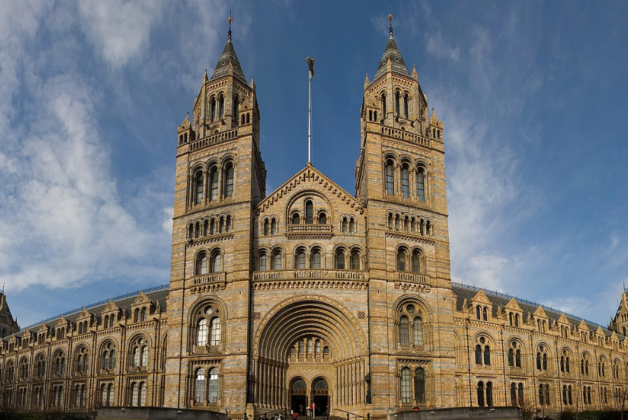ALVA-commissioned study reveals modern family demographics challenge standard pricing structures at visitor attractions, with accessibility needs higher than expected.
A national study suggests that traditional pricing structures at UK attractions are failing to serve all family demographics.
The research has been commissioned by the Association of Leading Visitor Attractions (ALVA) and conducted by Baker Richards.
It says 41% of families report that a standard family ticket does not match their household structure.
The survey had responses from over 1,000 UK adults who regularly care for children under 16.
While 41% of respondents said family tickets “usually work out as a cheaper option” for their family, another 41% said family tickets “rarely match my family structure”.
The research also suggests that 41% of surveyed families include a child with some level of Special Educational Needs (SEN), higher than the figures recorded in national statistics.
The statistics are part of the report titled ‘Understanding the Family Visitor Market: Insights from New Research’, published today.
David Reece, chief strategy officer at Baker Richards said “So-called nuclear families do look for family tickets and expect to make savings with them, but this research shows there is as large a group who don’t recognise their family in those ticketing structures. Flexible family ticket structures can serve everyone in the most inclusive way.”
The research also suggests that families are not spending less on attractions overall but are becoming more selective with their choices.
Despite 74% of families having less than £200 monthly for all leisure activities, 62% spend over £100 on a single day out, viewing these experiences as special occasions worth saving for.
The study also suggests that families view both paid and free attractions as part of one ecosystem rather than competing destinations, with families splitting their time on average with 60% of visits to free attractions and 40% to paid venues.
A significant disconnect between research and booking behaviours was also uncovered. While 49% of families research attractions more than two weeks in advance, 44% delay booking until the final 48 hours before visiting.
The findings have prompted five key industry recommendations for attractions
- Focus on creating memories rather than selling dwell time
- Consciously position individual attractions as irreplaceable and unique experiences
- Move beyond compliance to genuine welcome of visitors with a wide range of access needs
- Design for both child engagement and parental value. Children’s enjoyment is the top factor driving the decision to return to an attraction.
- Complement rather than compete with free alternatives, and consider positioning paid attractions within a day out which includes free-to-enter spaces such as parks and gardens
“The family market is often the default ‘go-to’ demographic for recovery, but this was also the market most affected by the cost-of-living crisis,” said Bernard Donoghue OBE, director and chief executive of ALVA.
He continued: “This research challenges our assumptions of what and who constitutes a family and enlightens us on the prevalence of families where members may have special educational needs, prompting us to further think what that means for our operations and visitor experience.”
“Families aren’t measuring value in hours spent or activities ticked off,” added Reece, “They’re investing in joy, connection, and stories they’ll tell for years. The deeper issue often isn’t price, but value for money.”





